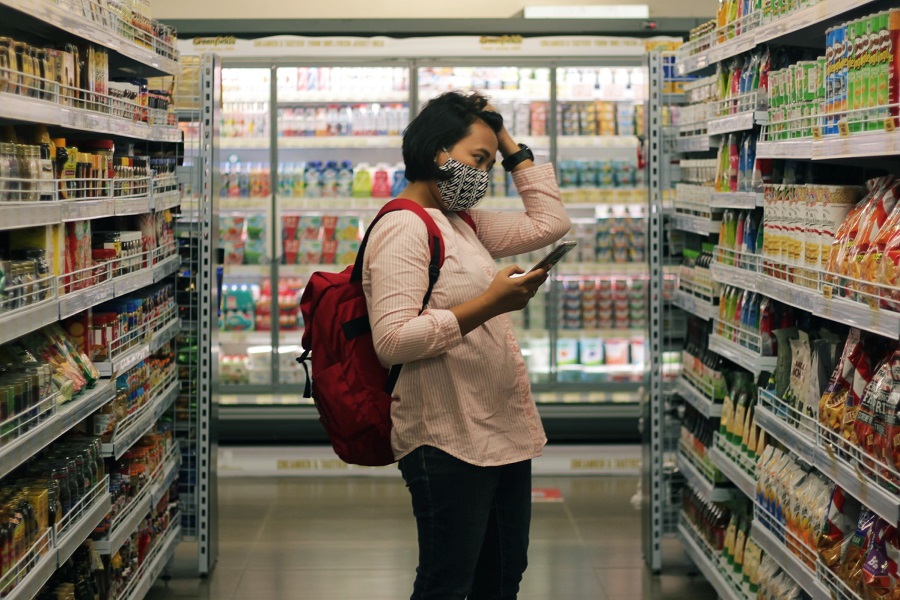Inflation surges in July
Canada’s annual inflation jumped to 3.7 per cent in July, the biggest jump in over a decade
STATISTICS CANADA SAYS inflation in Canada rose 3.7 per cent year over year in July, posting the highest increase since May 2011.
The year-over-year increase in the consumer price index compared with a 3.1 per cent increase in June as more of parts of the economy reopened, giving consumers more opportunities to spend.
Prices rose at a faster year-over-year pace in six of the eight major components, with shelter prices contributing the most. Meanwhile, clothing and footwear, alcoholic beverages, tobacco products and recreational cannabis slowed.
Story Continues Below
Gasoline prices rose less in July (30.9 per cent) than in June (32 per cent).
A booming housing market has been a key contributor to the economy during the pandemic, but it’s also contributing to inflation.
Statistics Canada says the homeowners’ replacement cost index, which is linked to the price of new homes, is up 13.8 per cent year over year in July, the largest increase since October 1987.
The other owned accommodation expenses index, which includes commission fees from real estate sales, was up 13.4 per cent year over year in July.
Prices for goods also rose at a faster pace. Upholstered furniture gained 13.4 per cent and automobiles were up 5.5 per cent.
Food prices increased 1.7 per cent overall. Food purchased from restaurants was up 3.1 per cent for the highest increase since January 2019, due in large part to fast food and take out (3.3 per cent).
Story Continues Below
Food purchased at a grocery store also rose (one per cent) but varied. Meat was up 3.1 per cent, dairy products rose 3.5 per cent but fresh vegetables fell 7.5 per cent and fresh fruit was down 0.6 per cent.
The Bank of Canada has warned that inflation is likely to hover around three per cent this year because prices are being compared to the drop in prices and spending during the early months
The central bank aims to keep inflation at two per cent.
Statistics Canada says the average of Canada’s three measures for core inflation, which are considered better gauges of underlying price pressures and closely tracked by the Bank of Canada, was 2.47 per cent in July, up from the 2.27 per cent recorded in June.
Story Continues Below
The last time the average was as high as it was in July was in March 2009.
Bank of Canada governor Tiff Macklem has said the central bank will act to cool inflation should temporary price pressures stick around and appear more permanent.
CIBC senior economist Royce Mendes says the Bank of Canada will likely continue to view the current overshoot on inflation as transitory, and remain focused on healing the labour market. ![]()

